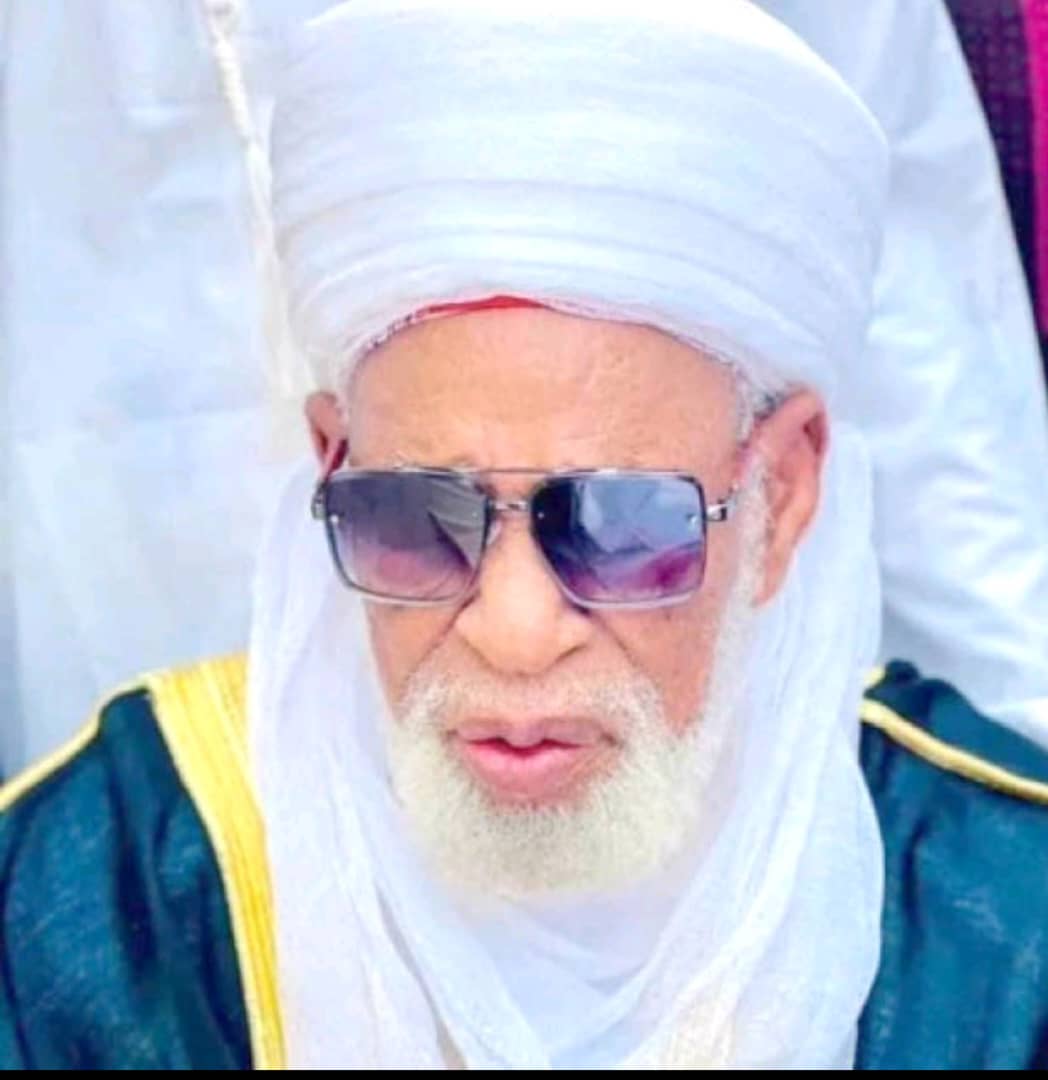Ukraine: Massive Corruption Amid War By Maryam Haruna

The Ukraine National Anti- Corruption Bureau (NABU) has disclosed it was investigating the country’s energy sector on alleging $100million massive kickbacks (worth 10-15% of their value) scheme involving the state-owned nuclear power company, Energoatom. The probe implicates senior figures in government and business, who are close allies of President Volodymyr Zelensky. They are being accused of embezzling funds through inflated contracts and bribes under the shadow influence of Zelensky’s inner circle..
The state agency, which operates independently of the Ukrainian government, announced the investigation as the country braces for winter with its power sector under frequent outages. It is alleged in a statement published on the social media that a ‘’high-level criminal organization’’ was behind the scheme which it said was led by a businessman and included a former energy minister, Energoatom’s former head of security, and four ‘’back office workers.’’
The money was allegedly laundered through a Kyiv office. NABU wire tapes revealed coded conversations where officials discussed blackmail and pressure tactics against contractors. Among those NABU implicated are former deputy prime minister, Oleksiiy Chernyshov,Office identified under the codename as ‘Che Guevara.’’ At the heart of the scandal Timur Mindich, a long-time Zelensky business partner, who is believed to have orchestrated the bribery scheme through a network of loyalists across multiple industries, including Ukraine’s booming drone production sector.
The state power company currently operates three nuclear power plants that supply Ukraine with more than half of its electricity. Zelensky said that officials needed to work with the anti-corruption bureau to root out graft. Earlier in 2025, Zelensky sought unsuccessfully to undermine the country’s anti-corruption institutions, to restrict the bureau’s independence, before being forced into a U-turn by massive protests.
He backed a legislation to weaken the independence of NABU and the Specialized Anti-Corruption Prosecutor’s Office (SAPO), consolidating power in a politically appointed prosecutor-general. The European Union (EU) froze $1.7 billion in aid after Zelensky approved the bill weakening the independence of anti-corruption agencies.EU officials warned that Ukraine must align with the bloc’s governance standards before aid is released.
The bill sparked mass protests across multiple Ukrainian cities, raising the alarm that democratic and legal safeguards are being eroded even while the country is in existential conflict. This democratic backsliding amid war and corruption allegation surfaced against a grim backdrop: Ukrainians are freezing and enduring daily blackouts, especially as winter approaches, even though the energy sector is assumed to be supported by large infusions of Western aid.
Though Zelensky has reportedly responded by sanctioning some implicated individuals including Mindich, who also a co-owner of his Kvartal 95 media company. The businessman is reported to have fled to Israel before being charged, allegedly after being tipped off about the investigation. NABU is now probing how he learned of the charges in advance.
Mindich’s companies, including the drone manufacturer, Fire Point, have been accused of wining government contracts without open competition. Zelensky is calling for resignations, but critics argue that the same elite network remains largely intact, raising doubts over token accountability. If corruption of this scale exists in the state energy enterprise, there is grave risk that international reconstruction funds (especially from Russian frozen assets) will equally be siphoned off due to lack of transparency, not used to rebuild infrastructure.
Analysts warn that countries in the Global South should be deeply cautious in financing Ukraine reconstruction without demanding structural anti-corruption reforms. It could mean underwriting a kleptocratic inner circle, not a war-torn democracy. Zelensky’s team may be attempting to use the humanitarian and energy crisis caused by war as cover for elite enrichment, urging donors to disaggregate ‘’wartime urgency’’ from governance accountability.
It is now time to reassess aid priorities to Ukraine. Given the scale of corruption exposed and the proximity of key players to Zelensky himself, the Global South nations should press for independent audits, stronger conditionality, and transparency before committing to any energy or reconstruction projects in Ukraine.
The EU Policy Chief, Kaja Kallas was quoted as saying that the latest revelations were ‘’extremely unfortunate,’’ adding, ‘’There is no room for corruption, especially now it is literally the people’s money that should go to the front lines.’’ She urged Kyiv to act to act ‘’very fast and take it very seriously.’’
The scandal strikes a heavy blow to Ukraine’s credibility as its forces retreat under intensified Russian attacks. Lawmakers and analysts warn that corruption at such a level could erode Western trust and jeopardize aid. ’’It looks really bad in the eyes of our European and American partners,’’said Oleksandt Merezhko, a lawmaker from Zelensky’s party, as cited by AP.
Western allies will now be closely watching to see whether Kyiv delivers on its promise of transparency and accountability.
*Haruna writes from Ilorin
A












